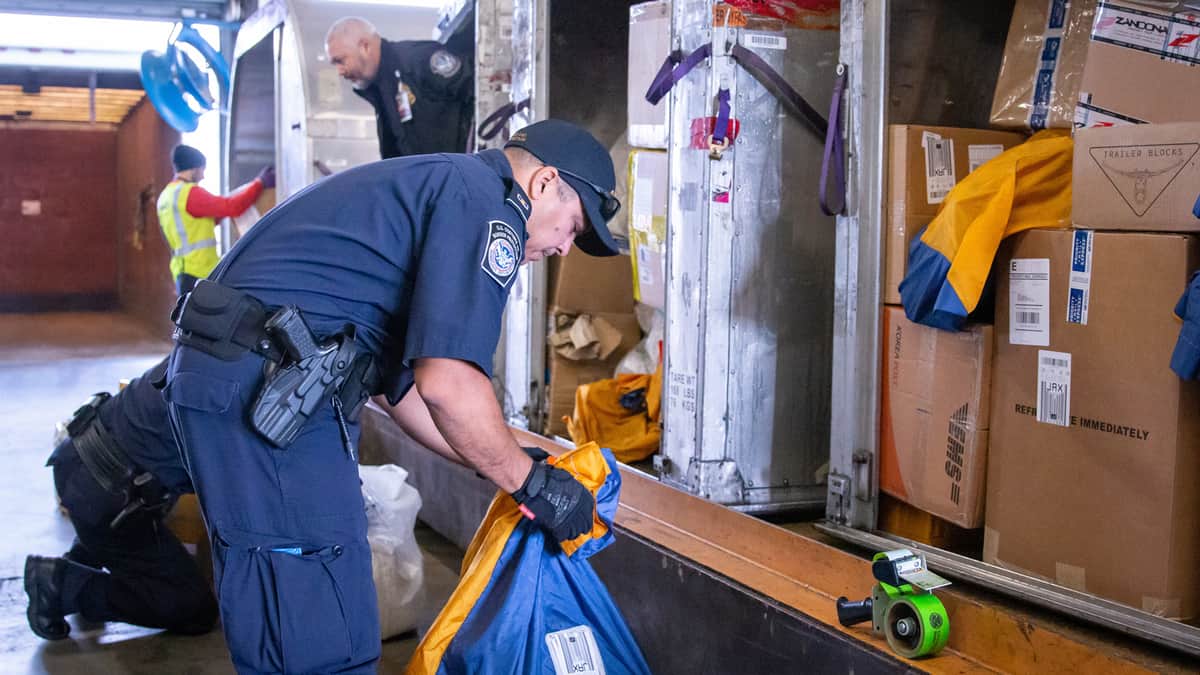U.S. Customs and Border Protection (CBP) has extended its public comment period another 30 days to receive industry feedback into an electronic pilot program to collect advance data related to e-commerce shipments with import values of less than the $800 de minimis.
The so-called Section 321 E-Commerce Data Pilot was announced by CBP on July 23 and started Aug. 22. The pilot will operate for a year, the agency said.
Section 321 of the 2015 Trade Facilitation and Trade Enforcement Act (TFTEA) raised the de minimis for package shipments from $200 to $800.
The increased de minimis caused a significant uptick in e-commerce imports into the U.S. and CBP said the volume has challenged its ability to target illicit shipments. CBP estimates that 1.8 million e-commerce shipments that are valued at under the $800 de minimis arrive in the U.S. each day, with the expectation for this volume to grow.
“While CBP receives some advance electronic data for Section 321 shipments from air, rail and truck carriers (and certain other parties in limited circumstances) as mandated by current regulations, the transmitted data often does not adequately identify the entity causing the shipment to cross the border, the final recipient, or the contents of the package,” the agency said in its Sept. 13 Federal Register notice seeking comments regarding the pilot.
During the pilot, CBP has asked for industry input on whether the proposed information collection is necessary for the agency to carry out its oversight, improvements to the way the pilot data is transmitted to the agency by the industry, and suggestions to “enhance the quality, utility and clarity of the information to be collected.”
The original 60-day comment period, announced on Sept. 13, expired Nov. 12. Comments regarding the Section 321 pilot are now due to the agency by Dec. 16.
The Section 321 pilot participants include eligible e-commerce carriers, customs brokers, freight forwarders and online marketplaces, which must electronically transmit certain data elements related to their shipments to the agency in advance of their arrival in the U.S.
These advance data elements include the “originator code” of the participant, which is assigned by CBP, and participant filer type, such as the carrier or online marketplace. In addition, one or more of the following details must be provided in the advance filing to CBP, including shipment tracking number, house bill number and master number.
Participating carriers also must electronically transmit the shipment initiator’s name and address, final deliver-to party name and address, an enhanced product description, verification of a foreign shipment security scan (for air carriers only) and known carrier customer, which identifies a shipper as a repeat customer that pays it fees and has no trade violations.
Online marketplaces that are eligible to participate in the pilot must electronically submit to CBP the seller’s name and address, final deliver-to party’s name and address, known marketplace seller’s details, marketplace seller’s account number or identification, buyer’s name and address, product picture and description, and the product’s listed retail price.
The pilot applies only to Section 321 e-commerce shipments entering at U.S. ports of entry by aircraft, truck or rail. It will not apply to postal shipments, those arriving by ocean carrier or e-commerce shipments destined to a foreign trade zone.
Separately, CBP in late September initiated an Automated Commercial Environment (ACE) test for de minimis entry filings, known as the ACE Entry Type 86. The test allows importers with Section 321 shipments which are subject to PGA (partner government agency) data requirements to use a Section 321 de minimis entry process.











